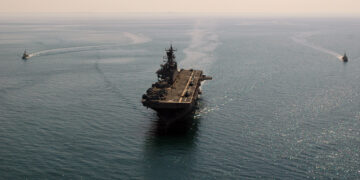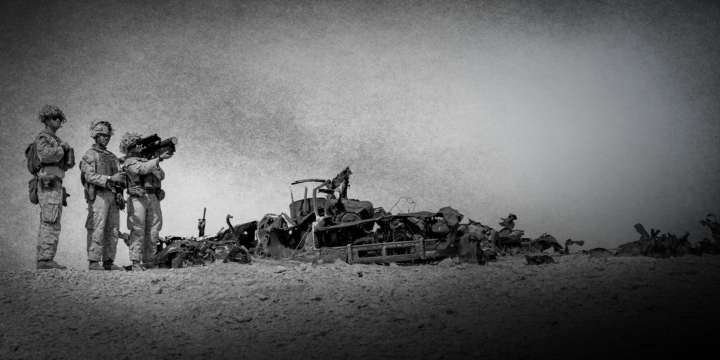June 13, 2025
How close was Iran to a nuclear weapon before Israel’s strike on Tehran?

Not everyone is convinced Iran is actively building a bomb. Rosemary Kelanic, a political scientist and nuclear deterrence expert, urged caution about the narrative coming from Israeli officials.
“Those in favor of this attack, including Israel, are going to do everything they can to try to make it look like Iran was on precipice of a bomb,” Kelanic said. “But we need to be really critical in our thinking.”
U.S. intelligence assessments, she noted, have consistently judged that Iran was not pursuing an active weaponization program, even though it possessed enough enriched uranium to build a bomb. “Iran could have built a bomb back in 2022 if not earlier, and chose not to. That’s the reason that I think they don’t have one now.”
However, Kelanic warned that the Israeli strikes might push Iran to reconsider that restraint.
“Their best path forward now, tragically, is to run a crash program and test a nuclear device as soon as they possibly can,” she said. “Super risky to do that, but then maybe they can establish some kind of deterrence from Israel.”
The competing intelligence narratives reflect deep uncertainty about Iran’s intentions and even more uncertainty about what comes next. While Israel argues that its strikes disrupted a dangerous escalation, critics fear they may have accelerated it.
Kelanic suggested that even if the U.S. and Iran had come to a deal on Tehran’s nuclear program, Israel may still have carried out strikes on Iran.
“They just wouldn’t trust that Iran would actually give up nuclear weapons, right?” she said. “If you think that they truly can never have it, and it’s an existential threat to Israel, etc, then the only thing you can do is either completely wreck Iran as a functioning state, turn it into a failed state, unable to ever get nuclear weapons.”
More on Middle East
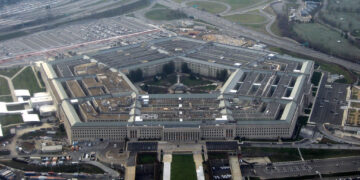
By Dan Caldwell
July 28, 2025
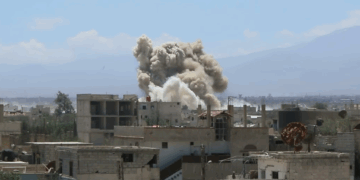
By Daniel DePetris and Rajan Menon
July 17, 2025
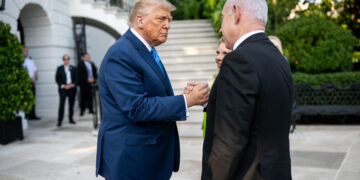
Featuring Rosemary Kelanic
July 17, 2025

